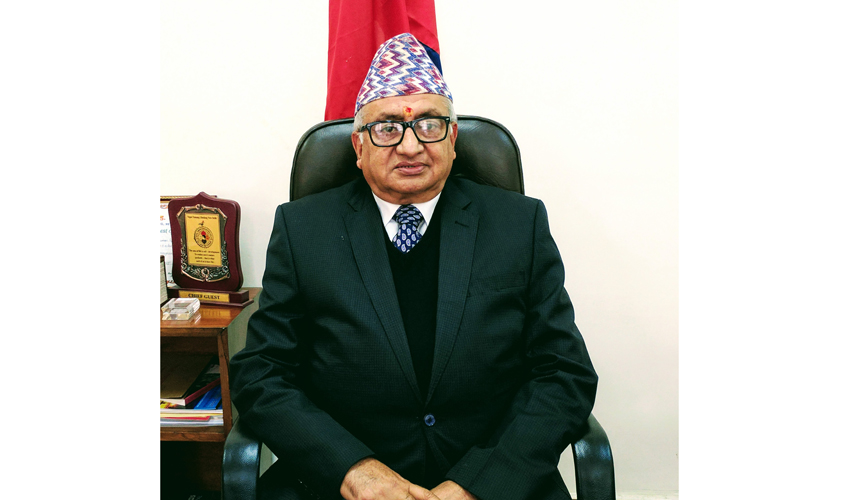Nepal’s ambassador to India, Deep Kumar Upadhyaya in an exclusive and candid conversation talks of the ups and downs of the Indo-Nepal relations, Nepal’s relations with China and much more. Excerpts.
Q: India’s demonetisation is believed to have hit the already slowing Nepal’s economy. Nepal’s Rastra Bank (the Central Bank of Nepal) has said that they are not ready to accept the new currency notes issued by India because this has not been formally communicated to them. So, have you shared your concerns with India and what was India’s response?
A: The demonetised currency was also a legal tender in Nepal and almost all household in Nepal had some or the other amount of the demonetised Indian currency because of their personal relations with India. But Nepal also has some remote areas, which have not been able to exchange their notes yet, and people there are worried about their currency and I get calls every day enquiring about what is being done for them through India. We have requested the Indian government to look into the matter and extend the deadline for Nepal by at least 15 days so that people living in the remote areas can have access to the banking system. Talks are on at the highest level. Our Prime Minister has spoken to the Prime Minister of India, and my office is in constant contact with the foreign office in India to solve this issue. As far as Rs 500 is concerned, just a formal notice by the Reserve Bank of India to the Rastra Bank of Nepal would be done, but for the new Rs 2,000 notes proper notification needs to be communicated to the our Rastra Bank.
Q: India-Nepal relations hit an all time low during the 10 years of UPA rule, but with the NDA government in office, how do you see the relations between the two countries now?
A: For over 18 years relations between India and Nepal were like a unilateral traffic, only flowing from Nepal’ side. But the current Prime Minister has been very kind towards Nepal. He visited Nepal twice, the Foreign Affairs Minister made frequent visits and things have started to improve. Especially, during the massive earthquake that had struck Nepal, India had been very kind to support us and help us with everything possible. The people of Nepal are very thankful to India. Engagement is the only means through which relations can be strengthened.
Q: Nepal will be holding a joint military exercise with China in February next year, while such military exercises earlier were held with India. So how should India read this?
A: We have our own kind of relations with India which cannot be compared with any other country. Indo-Nepal relations are governed by many factors, which includes our rich history, culture, people to people connect, literature, religion and many others. The military exercise will be conducted with China because Nepal has a very difficult terrain and to learn more and get better knowledge we are engaging with the Chinese. India should not read anything between the lines. India is and shall always remain a close friend of Nepal and that is what I always tell my Indian friends.
Q: What is Nepal’s relationship like with China?
A: China is also a friendly country to Nepal. China is also our neighbour. It is also a growing economy and a country with surplus. They have done some great work in the field of technology and thus we would like to use their funds, services and technology for the development of Nepal in infrastructural projects and otherwise.
Q: During the entire Madesi movement and the blockade of trade on the borders of India and Nepal early this year, Nepal had blamed India for the blockade. What is Nepal’s stand now?
A: It was the time of an internal political problem of Nepal and some amount of misunderstanding had happened between the two countries when trade was blocked and essential supplies were cut off from Nepal. It was an internal problem of Nepal and it should have been left to Nepal to handle. Nepal is dependent on India for petroleum products. Knowing this, India could have diverted the trade to other borders in Bengal or Uttarakhand. Re-routing was done, but it took a long time. The people suffered a lot and the people of Nepal felt uncomfortable with this behaviour of India. It was a hard time for me to convince India to divert the route to supply these essential goods.

